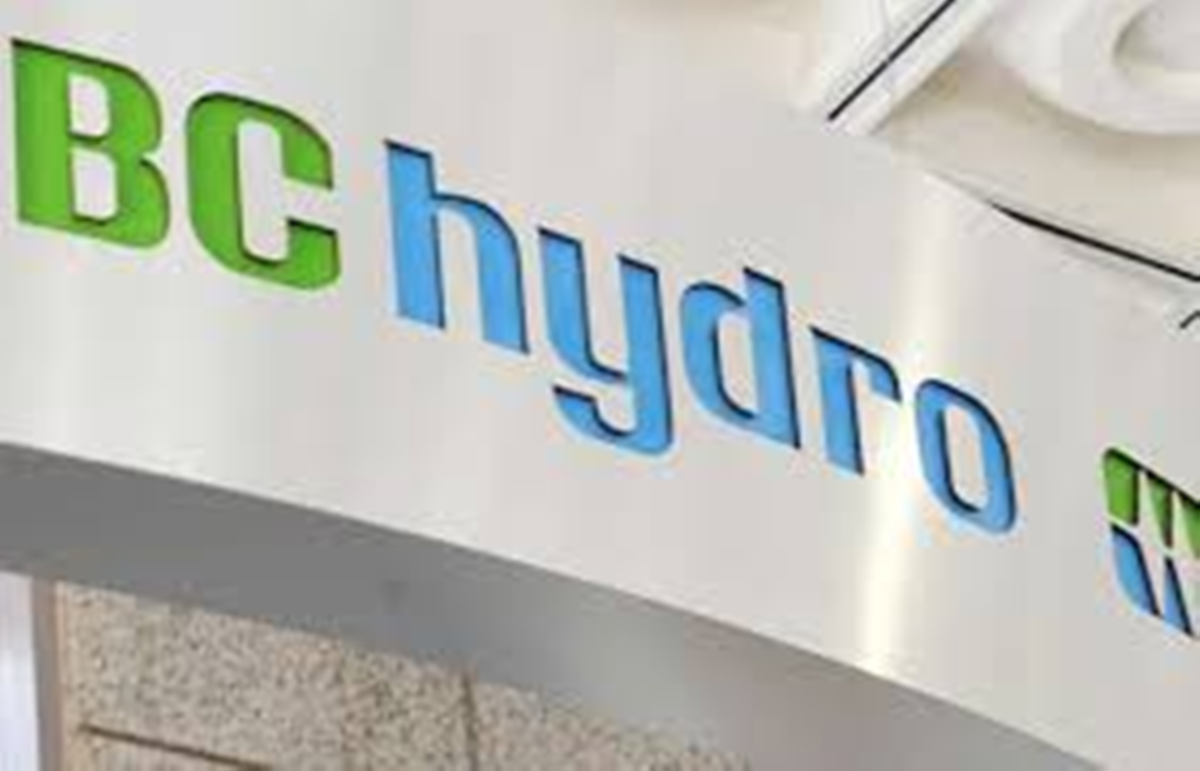Despite increasingly loud calls from various quarters to stop doing it, don’t expect the B.C. Liberal government (or any subsequent government for that matter) to willingly stop using Crown corporations as cash cows.

But we may be approaching the day when a B.C. government may not have any choice other than to stop the practice.
Governments everywhere are increasingly desperate for more and more revenues to fund a steadily rising demand for services — particularly in health care — yet are loath to take the once-traditional route and raise income taxes.
So they turn to things like fees and premiums (think: Medical Service Plan premiums) and government-owned entities like Crown corporations, which can kick money back to central government even if their own bottom lines suggest they can’t afford to do that.
For Exhibits A and B, I give you the Insurance Corporation of B.C. and B.C. Hydro.
Between them, B.C. Hydro and ICBC are forecast to give the provincial government hundreds of millions of dollars a year over the next three years, despite the fact that their own financial pictures are darkening.
B.C. Hydro is a massive operation and a very expensive one to run. It has about one million utility poles, more than 300 substations and a network of more than 77,000 kilometers of transmission and distribution lines.
It is piling up huge amounts of debt as it engages in an overhaul of a system that is more than 50 years old. There’s no avoiding the massive costs associated with this needed exercise.
However, the picture looks darker on other fronts for the Crown corporation.
For example, B.C. Hydro now expects to receive about $3.5 billion less revenue over the next 10 years than was forecast just last year. The dramatic drop in commodity prices has had a significant impact on many of its industrial customers (such as mines) so not as much power will be purchased by them.
As well, B.C. Hydro has yet to demonstrate it can pay down its many “deferral accounts”, which are expenses to be paid off at a later date, rather like a credit card. In fact, instead of hitting its target of reducing those accounts B.C. Hydro has allowed them to grow by a further $1.1 billion.
Those deferral accounts now total almost $6 billion, which is money B.C. Hydro essentially owes itself. B
Yet, while those numbers are going south for B.C. Hydro, the provincial government has told the Crown corporation it still must fork over more than $2 billion to central government over the next three years. Essentially, B.C. Hydro will have to borrow that money to pay the government, thus inflating its own debt line.
As for ICBC, it is facing serious financial pressures that look to worsen over time. Its compulsory basic insurance plan lost $256 million in 2015 and $450 million had to be transferred from its more popular optional policy plan to cover for it.
Rick McCandless, a veteran retired senior civil servant, has done an analysis of ICBC’s financial situation and his conclusions are alarming to say the least.
He notes that claims cost are rising by leaps and bounds, that low interest rates are hurting ICBC’s huge bond assets, and perhaps most importantly the corporation’s capital reserves are in danger of dropping to dangerous levels.
Yet the B.C. government is planning to take about $150 million a year from ICBC over the next three years, despite all these worrisome trends.
McCandless estimates ICBC’s rates may have to be increased by a large amount to address the internal fiscal reality.
“A rate shock of 18 per cent would ensure that automobile insurance rates would be a major issue in the May 2017 election, particularly if the government continues to extract Optional policyholders’ capital to reduce the government’s direct borrowing requirements,” McCandless notes in his analysis,
I doubt very much the government would allow such a large increase on the eve of testing the electoral waters, but that doesn’t mean ICBC’s fiscal challenges are going to be solved by the usual rate increase of around five per cent.
McCandless describes the two Crown corporations as ticking financial time bombs. If he’s right, they can’t be used as cash cows much longer.
Keith Baldrey is chief political reporter for Global BC. This is reprinted from his weekly column with Glacier Media.




Comments